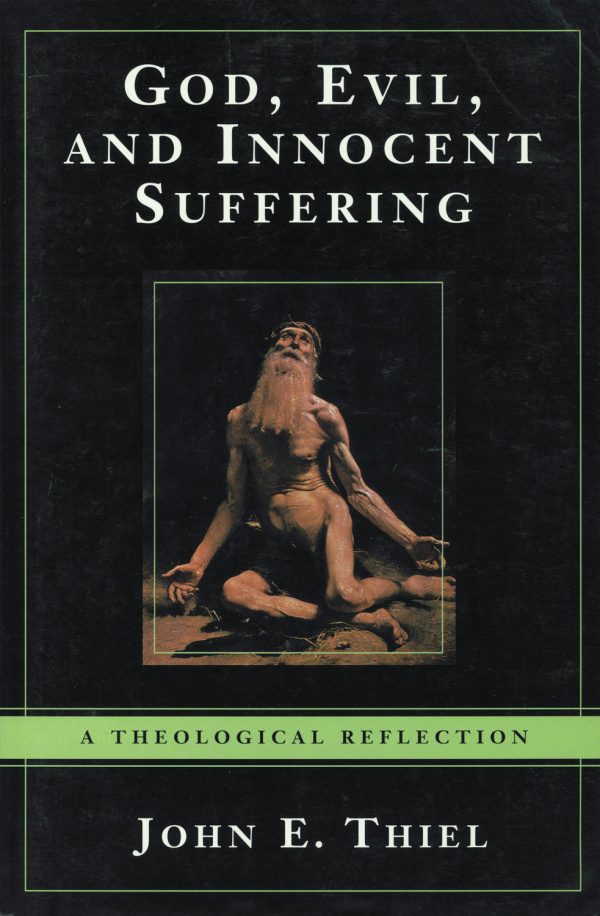Carla Millar (Author)
Carla Millar is a Canadian illustrator. She received her Bachelor of Fine Arts (Hons.) Degree, with a Major in Painting, from the University of Manitoba. She specializes in RPG and sequential art, character/object design, photorealistic and caricature. Her work has been used for educational graphic novels, magazine and major current affairs websites, game card art and various multi-media projects. She has lived in the UK, Canada, and now resides in New York City. Available for commissions and illustration work, her work can be viewed on her website: http://carlamillar.com/
John E. Thiel (Author)
John E. Thiel is Professor of Religious Studies at Fairfield University. His other books include Imagination and Authority: Theological Authorship in the Modern Tradition, Nonfoundationalism, and Senses of Tradition: Community and Development in Catholic Faith. Twice a recipient of fellowships from the National Endowment for the Humanities, Dr. Thiel is a member of the American Academy of Religion, the Catholic Theological Society of America, and the American Theological Society.


